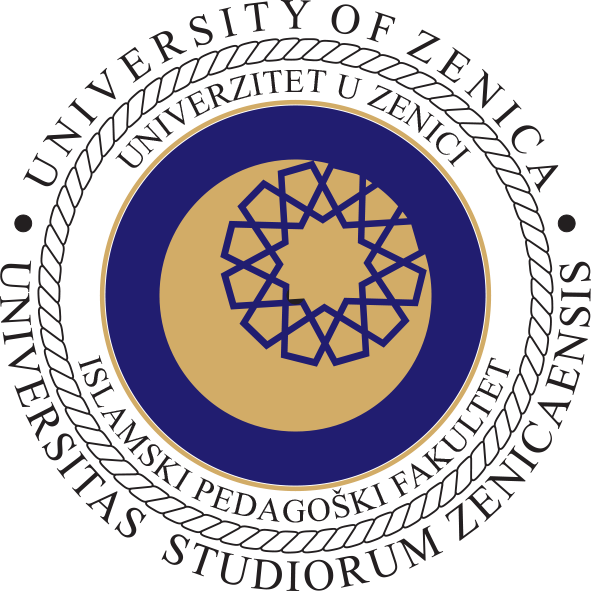Interpretation of Fatiha and its meaning in prayer
El-Fatiha is considered to be the most chosen sura in Islam. The very fact that it is inevitably recited at any prayer and at any rak’a shows its significance and universality. The most beautiful form of gratitude to the Lord of worlds is expressed in it. Reciting it in a modest manner, we call our Creator with his Beautiful Names: Allāh, Rabb, Ra...
By HALIL MEHTIĆ



